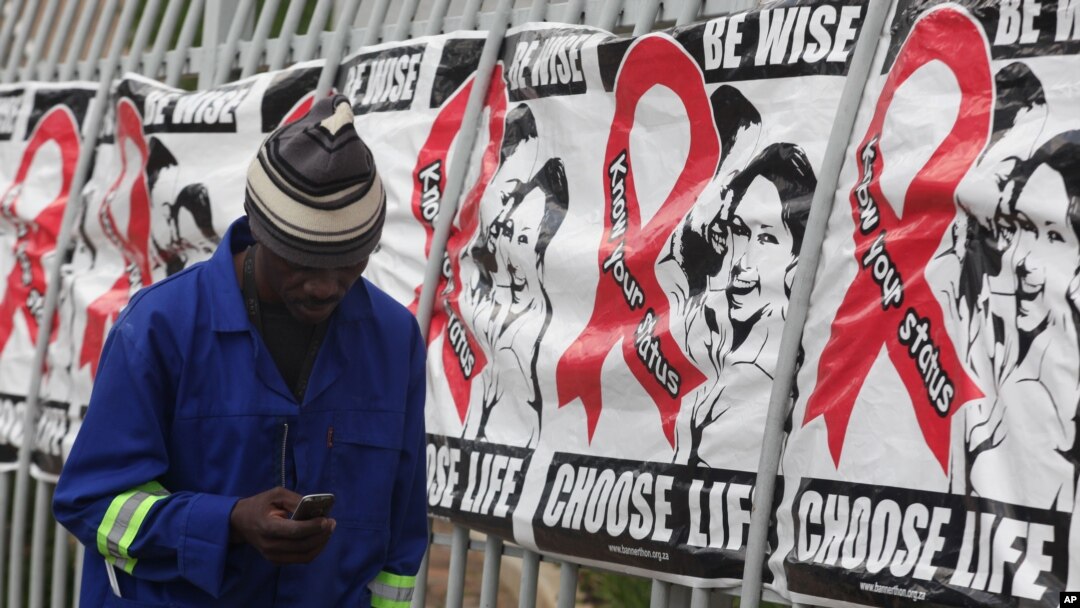Medical researchers and scholars from 13 sub-Saharan African countries on Thursday wrapped a three-day conference in Zimbabwe. The event was held to share insights and success stories on applied innovations to address HIV and AIDS.
The conference enabled medical researchers and scholars from across Africa to exchange notes on what is being done to fight the spread of HIV on the continent.
One of the major highlights of the conference was a revelation that the number of medical graduates in HIV/AIDS is increasing in Africa.
The chairman of the conference, professor James Hakim, said a lot had improved since the introduction of antiretroviral drugs in Africa but added that much remains to be done.
"AIDS remains a disease that requires lifelong treatment. We still do not have any cure. Although there are a lot of programs that are looking for cure, there is none, Hakim said.
“So it is important that we must emphasize prevention. One new realization is that: Treatment with antiretroviral drugs is not only therapy for those affected, but it also protects others," Hakim added.
Africa bears the biggest effects of HIV with more than two-thirds of global infections being on the continent.
Professor Hakim said that explains why the United States, through the President’s Emergency Plan for AIDS Relief (PEPFAR), provided $130 million in 2010 to support activities of the Medical Education Partnership Initiative for five years.
He said the program ensures innovations to address HIV and AIDS in Africa and, down the road, will hopefully lead to an AIDS-free generation.




